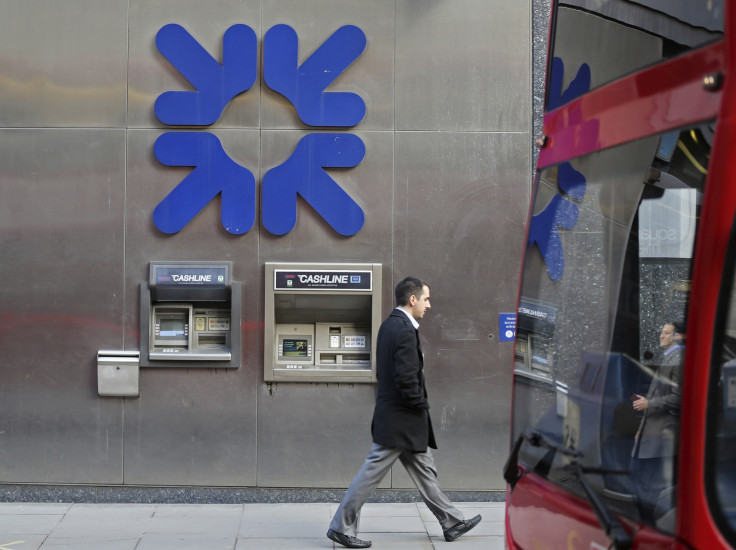UK government sells £2.1bn worth of RBS shares at £1bn loss

The UK government has kicked off its sale of Royal Bank of Scotland, raising some £2.1bn ($3.27bn, €2.98bn) at 330 pence per share, well shy of the 502p share price at which the bank was bailed in 2008.
The overnight placement accounts for 5.2% of the government's stake in RBS and presents a loss of about £1.1bn to taxpayers.
Chancellor George Osborne has been criticised because the sale price is 2.2% lower than the shares were worth when the market closed on 3 August. Moreover, shares in the bank traded above 400p as recently as February.
Osborne said: "This is an important first step in returning the bank to private ownership, which is the right thing to do for the taxpayer and for British businesses.
"It will promote financial stability, lead to a more competitive banking sector, and support the interests of the wider economy. Now is the time for RBS to rebuild itself as a commercial bank, no longer reliant on the state, but serving the working people of Britain."
Shadow chancellor of the exchequer, Chris Leslie, said: "RBS had to be bailed out urgently, but it doesn't have to be sold off at the same speed."
The sale, which is managed by private banks such as Citigroup, Goldman Sachs and UBS, was advised by UK Financial Investments, a private investment advisor to the government set up after the bailout of big banks after the collapse of the banking industry in 2008.
In a letter to Osborne, executive chairman of UK Financial Investments James Leigh-Pemberton argued that now was the best time to sell off the stakes. He said the company considers "the current share price to be fair value and that institutional investor sentiment and risk appetite remain conducive to participating in a first share placing of RBS."
News of the sale comes shortly after the bank reported a surprise quarterly profit on 30 July.
Analysts at Accendo Markets said that profits from the Lloyds shares sold by the government will offset the loss over the RBS shares.
"The bank may not be in as strong a position as Lloyds but it is moving in the right direction. Surely investors would like to get their hands on the shares and be able to spend any capital gains rather than letting Chancellor Osborne do it for them," said Accendo.
© Copyright IBTimes 2025. All rights reserved.





















